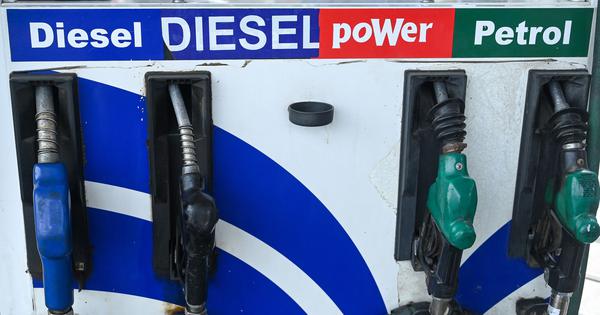Over 80% of vehicles are incompatible with the new E20 fuel standard, raising consumer concerns.
Analysis of government and industry data reveals that only 20% of petrol vehicles sold in India over the past 15 years are compliant with E20, which consists of 20% ethanol blended with petrol. This indicates that more than 80% of motor vehicles sold between 2011 and 2025 are only compatible with lower ethanol blends of 5% and 10%.
Despite the government’s push for a rapid rollout of E20, which it claims has reached its target five years ahead of schedule, many drivers are unaware of the fuel blend they are using, as there are no official notices at the pumps. Consumers have reported issues with the new fuel mix, stating that it damages engines and reduces mileage.
The Indian government is promoting E20 as part of its strategy to reduce oil imports and lower emissions by blending petrol with ethanol derived from crops such as sugarcane and maize. The transition from 1.5% ethanol in 2014 to the current 20% goal for 2025 is one of the fastest in the world.
However, the concerns raised by consumers have been dismissed by India’s transport minister, who attributed these fears to what he described as the petrol lobby. The Ministry of Petroleum and Natural Gas has stated that using E20 does not negatively impact insurance or cause engine damage, although it acknowledged that mileage may decrease slightly.
Petrol vehicles in India typically have a lifespan of 15 years before requiring re-registration or scrapping. Most automakers began producing E20-compatible vehicles only in April 2023, leaving a significant portion of older cars and two-wheelers unsuitable for the new fuel. Moreover, imported vehicles account for only 3% to 5% of the total vehicles sold in India.
According to the Society of Indian Automobile Manufacturers, more than 250 million new vehicles were sold in India from 2011 to 2023, prior to the E20 compliance mandate. The majority of this fleet consists of petrol-driven two-wheelers and passenger cars, with auto experts estimating that around 30% of cars are diesel. This means that a staggering 234 million vehicles, over 80% of those sold during this period, are designed for lower ethanol blends.
The rollout of E20 has raised questions among many vehicle owners regarding the potential effects on maintenance costs, warranty coverage, and insurance. To address these concerns, only Maruti Suzuki has announced plans to offer an E20 upgrade kit for its vehicles, priced at up to 7,000 rupees ($79).
A survey conducted by LocalCircles in August among 36,000 vehicle owners revealed that 66% of respondents opposed the rollout of E20, with 44% calling for its withdrawal and 22% requesting additional fuel options. Additionally, India’s Supreme Court recently dismissed public interest litigation that sought to increase the availability of fuel choices.
While biofuels play a crucial role in India’s efforts to reduce greenhouse gas emissions and lower oil import costs, the benefits of the E20 initiative are accompanied by trade-offs. The use of crops like sugarcane, maize, and rice for fuel production raises concerns about food security, as these crops are increasingly diverted from feeding people and livestock. Furthermore, the farming and processing of these crops for ethanol production can generate more harmful emissions than the reductions achieved.








